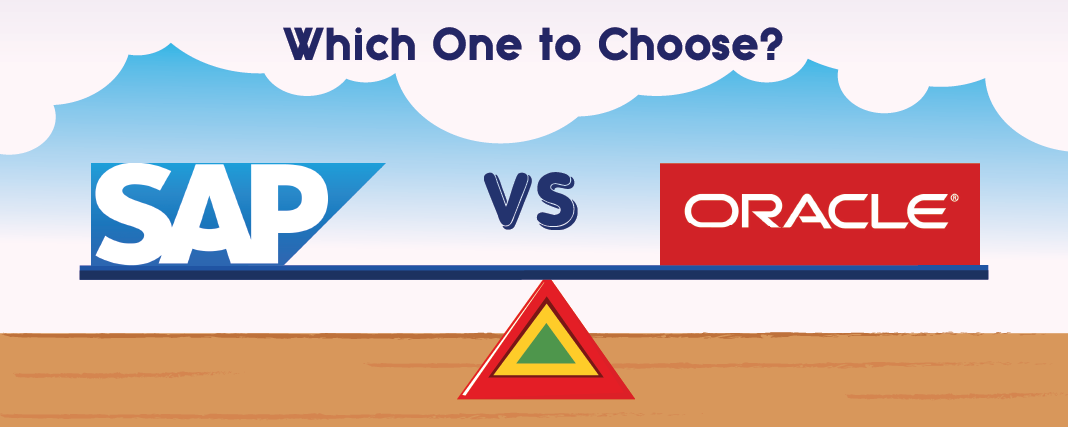
Enterprise resource planning (ERP) is business procedure management software that permits an organization to utilise a system of combined applications to accomplish the business and automate many back-end office functionalities related to technology, services and human resources.
ERP software typically integrates all features of a business operation — including product designing, planning, development, production, sales and marketing — using a common platform database, application and user interface.
ERP is a Business Enterprise Application : ERP software is known to be a type of organization application, that is designed in the form of software which can be utilised by small or big businesses and often requires devoted teams to modify and examine the data and to handle improvision and employee’s deployment.
In making a difference, Small or start-up business ERP applications are proven to be featherweight business management software solutions, often modified for a specific business type industry. Recently, most of the organizations put into effect the ERP systems to replace legacy driven software or to join ERP applications because no system currently occurs.
In fact, a 2019 survey by Panorama Consulting Solutions, LLC., highlights that organizations implement ERP software for the below given reasons:
- To replace out-dated ERP software (49%)
- To replace home-based systems (16%)
- To replace payroll and accounting software (15%)
- To replace other non-ERP systems or with no system provisions (20%)
With all the investigation you’ve put in so far, your urge to find the perfect ERP might be diminishing. But, before you make a verdict, as the best two solutions on our Enterprise Resource Planning (ERP) leading competitors, it’s likely that many of you have already pointed down your focus to these two products. But when choosing which ERP software to participate in for your whole business process, confidence is the main key. This article comprises complete awareness of the major difference between SAP and Oracle.
Certainly at this point, it might be more important to stay assertive and focused during your software research so that when you go to sign on the spotted line, there are no confusion still remaining. Here we analyse and compare SAP vs Oracle: two large named ERP software enterprises commonly chosen and used. Here’s an intense capture at both of these high-level ERP solutions:
- How to Overview the Capability of the ERP Software?
SAP and Oracle are considered to be two ruling enterprise resource planning software. We need to analyse which tops the other. According to the survey conducted by the analyst team, Oracle gains better rating and user interface factors when compared to SAP.
The capability is analysed based on the below given factors:
- Accounting
- Budget cost
- Price Range
- Human Resource management
- Customer Relationship management
- Supply Chain management
- Inventory management
Advantages and Disadvantages involved in the capability:
1. Accounting

Both SAP and ERP system and Oracle ERP system have astonishing economic management abilities. Salient Features like accounts to be paid, accounts retrievable and fixed capital management all tie up in common platform. However, Oracle’s software succeed in this functional category for a few reasons.
This vendor shows betterment in risk management than SAP. Oracle provides improved financial control management and reporting dependability based on GRC requirements. Oracle takes pride on an efficient risk management solution that enable to impose enterprise-based compliance and systemize some forms of compliance in different industries.
These tools are able to prevent situations like cash leakage and bring a high level of policy enforcement that helps companies feel secured about the future risks. But SAP’s ERP risk management tools are even better and can motivate your business identify and better undergo risk factors.
Oracle ERP modules deliver tools based on common business processes. The facilities such as ‘Asset Management to Retirement,’ covering the entire lifecycle of assets, from acquisition to repayment and final disposal. There’s also other options such as ‘Cash Transaction to Cash Position,’ considering in a sale or marketing approach and associating with long-term financial data.
Check out the courses on Oracle
2. Budget Cost
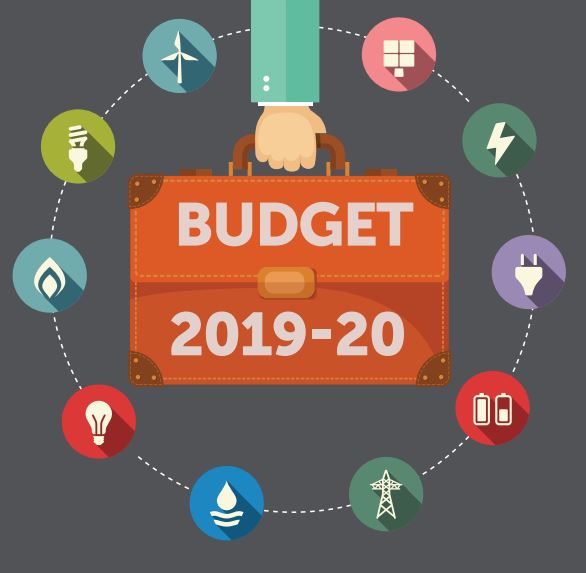
Oracle’s ERP system scores meaningfully better in budgeting. SAP’s software has relatively basic budget functionality – containing the capabilities to manage and execute general budget planning. Oracle, on the other hand, highlights a customized tool namely ‘Asset Lifecycle Management’.
It enables you to completely understand the financial possibility of your machinery, equipment and other amenities. You also get a list of features that handle the simple budgeting needs of any business.
3. Pricing

Oracle scores SAP’s basic available features here as well. SAP will do the right job, but Oracle’s advanced valuing tools could make a major benchmark difference for your company.
Oracle can modify your base prices to match market trend, currency, conversion rate and more business-related options. It can also manage profit turn-over, refunds and reduction using set of rules.
4. Human Resources

Oracle is the best choice for your HR and staff management, but SAP scores with extra features. SAP manages abundance of HR functionalities and allows users to access critical data on them all in one common place.
Employees also enjoy a dedicated portal, so they can keep their own information up to date as needed. SAP ERP software also helps with stuffs like payroll and offers online-recruiting feature to help companies understand how they’re handling with employee preservation and profit turnover.
While maybe not as strong overall, Oracle does have quite amazing reporting capabilities with appealing visual representations which is used for quick correspondence.The report generation and data visualization could be important to your company if you are looking out to make more of your HR-based decisions based on data chunk.
Easy method to visualize data can help you observe overall market trends, enabling you to quickly see your company’s growth history and future prospectus.
5. CRM
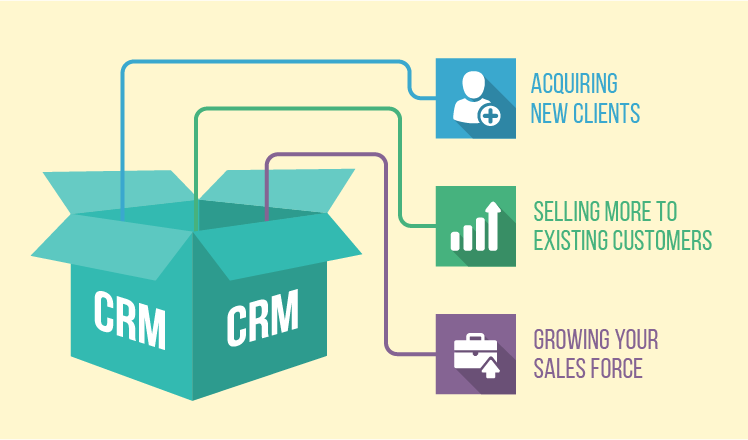
Both Oracle and SAP have efficient CRM software but the systems have their own strengths and weaknesses in varied areas. Oracle grows well across the board but doesn’t work out at any one thing. SAP has some really astonishing features, but also some that are simple to understand and user-friendly.
For example, Oracle has an excellent marketing support which provides the ability to manage advertising campaigns on a common platform. SAP performs only less here, providing other-functional processes related to finance, income gain and marketing. You can propose ad campaigns and budget costs, but it’s still not as efficient as Oracle’s setup.
Oracle’s ERP also definitely has friendly Customer Account Management, but SAP overtakes in this field. SAP ensures to cover up all facets related with the customer.
With this smart solution, you can view your customers’ histories, allowing you to challenge lead generation effectively. It’s also associated with marketing, sales and finance, providing you the complete story on your customers.
The more you get to know about your customers, it is easy to dive into marketing context and utilise trending digital marketing strategies. Both ERP solutions’ sales-order keeping and management gets a decent rating from users.
SAP performs a wide network and meets the requirements of distributors of all size and type, covering all industry segments and sales turnover. Oracle’s key strength relies in their reporting and data storage.
6. Supply Chain Management
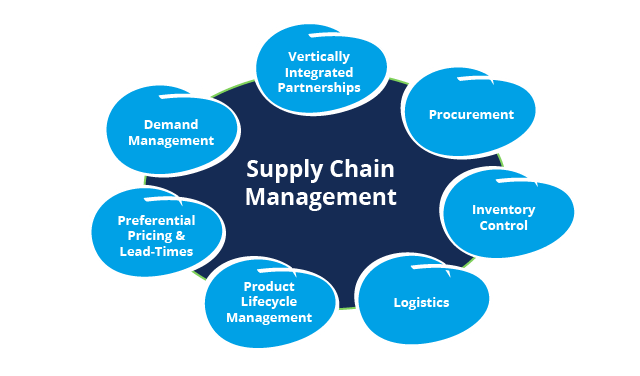
While a best choice CRM is important to retain happy customers, so business rely on an efficient supply chain. We can clearly see that both ERPs have an equivalent SCM software, but however, they are best in different areas.
Although the SCM applications technically are evaluated the same, you need to make sure that the functions of the ERP you choose cater the needs of your business. Distribution Management, which provides necessary information on warehouse effectiveness and manages other distribution tasks, is perfect in both ERP systems.
The Purchase Order Processing feature of each ERP is also equally efficient. SAP through their ‘procure to pay’ unit helps companies to achieve purchases and apply vendor choices while looking at their obtainment patterns to take better decisions in future.
The ‘Order to cash’ feature helps to manage quotations and other aspects of contracts with vendors aka clients, as well as looking at deliverables. Oracle comprises ‘Supplier Invoice to Payment’ process management tool for managing vendor relationships.
This includes features like supplier registration, contract creation and bills, invoice payment tools to make it easier for a company to buy what is needed for business operation. Oracle’s exclusive feature ‘time and labor cloud’ and ‘sourcing cloud’ tools provide translucent for the usage of tracking.
The applications start to differ in their position with Event Management and Advanced Planning System. SAP has advanced event management, giving you bigger insight and visibility into your supply chain. But Oracle has much better APS, allowing you to track costs and segregate resources more efficiently.
7. Inventory Management
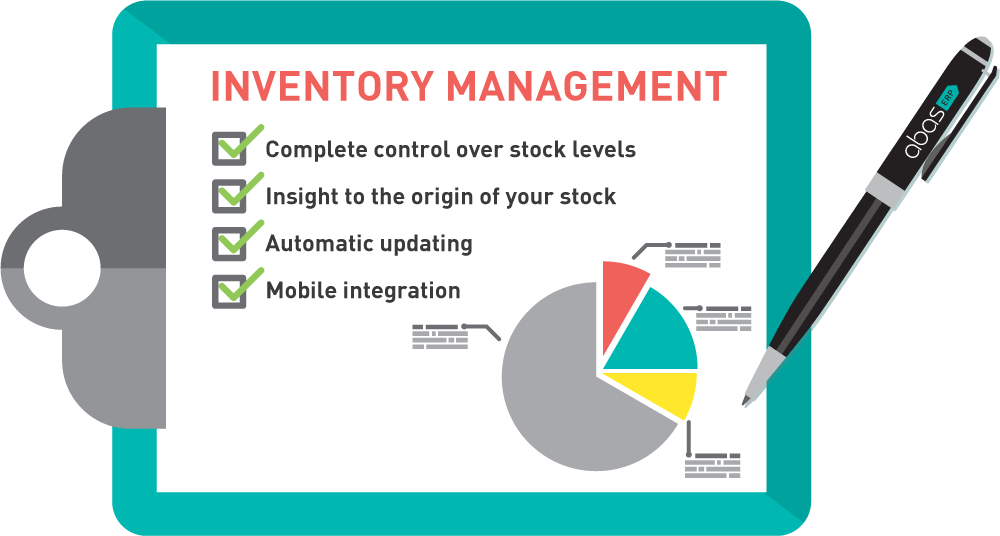
When related to SCM, inventory management plays major part of maintaining a robust warehouse and complete supply chain. And it is to be noted that both ERP solutions offer extremely strong inventory management, they’re different in their own design and management.
The inventory management is unique because of cloud deployment. Cloud-based ERPs provide real-time visibility of all large size data across the business. For both Oracle’s and SAP’s inventory management, this means a lot to keep track of the stock levels and to analyse how your products move.
All this feeds is useful for more efficient supply chain which makes reliable customers. SAP makes a note that their Inventory Management prevent stock shortages, while Oracle focuses to increase productivity.
And while both SAP and Oracle offer cloud deployment feature, only the latter ERP’s offers an on-premise solution for business. So even though the government has put their trust in the cloud computing, many industries still don’t use cloud-based products for complicated reasons. This obviously becomes a major reason or fact when making a software choice.
Final Note
A Complete ERP tool help small or big businesses to cut through the uncertainness and make better decision-making through a clear view at actual finances and business operations. And overall, both SAP and Oracle ERP software performs well. Based on the leads the systems’ ratings varies only by three points with Oracle scoring 90/100 and SAP scoring 87/100. When reviewing Oracle vs SAP the major difference are found in the systems’ financial management unit.
Oracle simply has a more complete financial design, with cost-effective budgeting, pricing and core accounting tools. But since Oracle invest extra effort where companies often require it the most, the SAP vendor is the best between the two.
